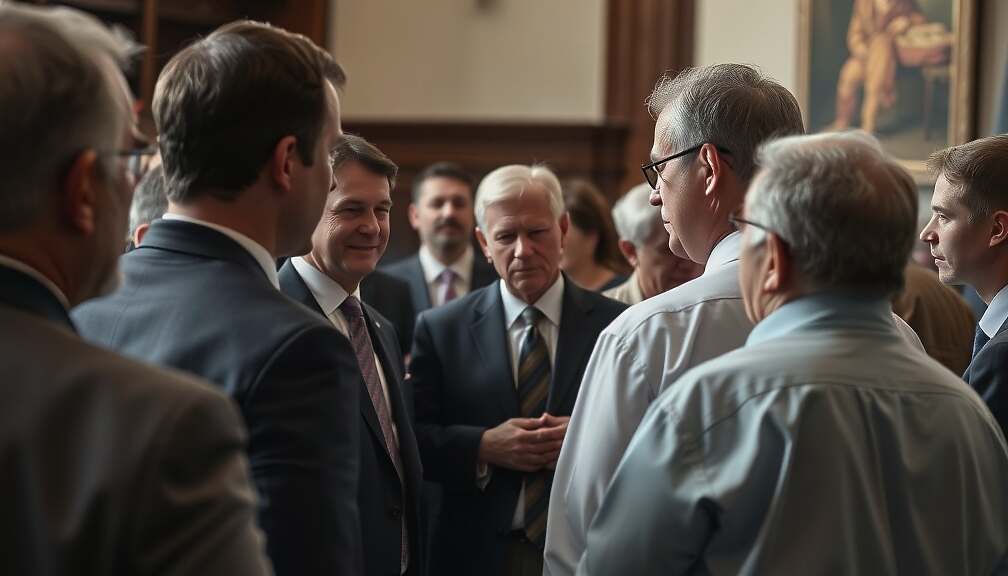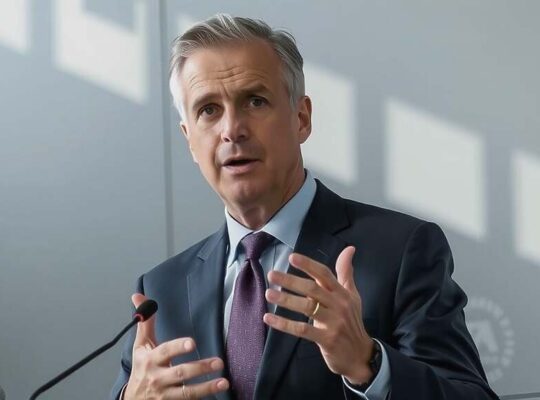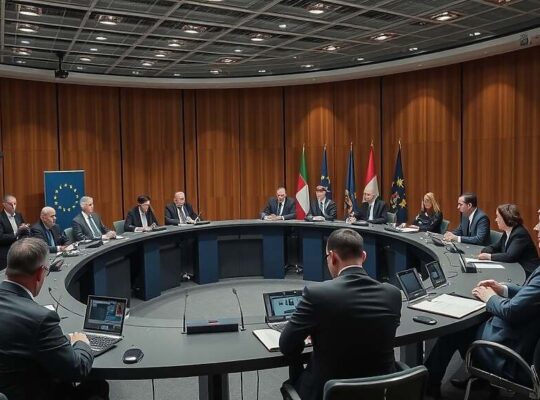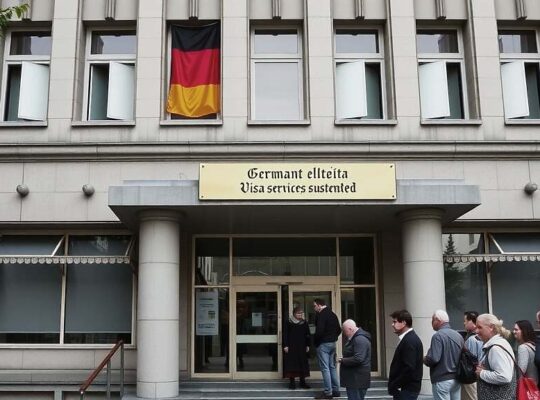Sahra Wagenknecht, the outgoing leader of the German political party “Die Basis” (BSW), is advocating for unconventional governance models at the state level, particularly in the aftermath of upcoming regional elections, most notably in Saxony-Anhalt. Her stance highlights a deepening frustration with the current political landscape and signals a willingness to explore alternatives to traditional coalition building.
Wagenknecht fiercely criticized the recent trend towards broad, multi-party coalitions solely motivated by excluding the Alternative for Germany (AfD) from power. Describing such alliances as “idiotic politics” she stated that BSW would not participate in such arrangements, arguing that the party’s commitment to substantive policy changes is incompatible with the compromises inherent in these sprawling coalitions. “We entered this political arena to transform the country” she asserted. “If those goals cannot be achieved with the established parties, then our place is not in a government.
The absence of a viable path towards a traditional coalition, given BSW’s own opposition to partnering with the AfD, has prompted Wagenknecht to propose an alternative – the formation of an expert government. This model would bypass the conventional process of parties nominating ministers, instead relying on respected individuals from various fields to fill ministerial positions. These “expert” ministers would then operate under the framework of issue-by-issue votes, potentially creating shifting and temporary legislative majorities.
Remarkably, Wagenknecht suggested that such a system could even allow for engagement with AfD representatives, arguing against the widespread demonization that currently prevents dialogue. She dismissed the accusations of impending authoritarianism that arise simply from discussing procedural matters with AfD parliamentarians as “absurd” and contended that such rhetoric only serves to strengthen the party’s position. “In a democracy, parties must speak with each other” she emphasized, indicating a desire for a more pragmatic and less polarized political climate.
This proposal reflects a broader strategy within BSW, positioning the party as a disruptive force challenging the established norms of German coalition politics while simultaneously attempting to appeal to voters disillusioned with mainstream parties and their approaches to governing. However, the suggestion of incorporating even limited engagement with the AfD promises to provoke significant debate and scrutiny within the German political establishment.












